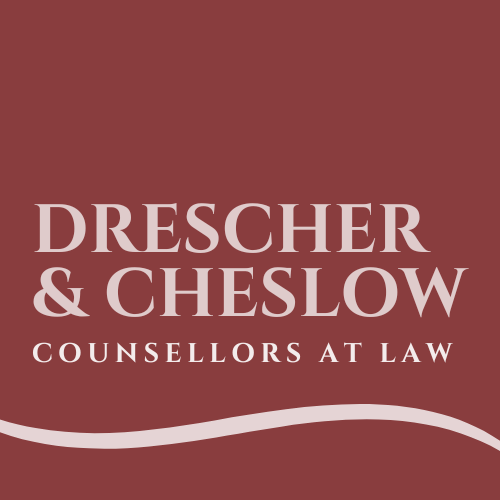In a perfect world, your soon-to-be-ex will help you pay your healthcare premiums for a…
Who can take the dependency exemptions in a divorce?
This is income tax filing season. For divorced and separated parents, the question of who can take the dependency exemptions often arises. According to IRS rules, only one taxpayer may claim a dependency exemption for a child for a tax year.
The general rule is that a child is the qualifying child of the “custodial” parent, who in New Jersey is now referred to as the parent of primary residence (“PPR”). In other words, the parent who cares for the child and has the child over 50% of the time is entitled to claim a child as a dependent on his or her tax return as a matter of right. However, many parents today have equal shared parenting time. So the issue of who takes the child as an exemption clearly needs to be agreed upon by the parents. This should be the subject of negotiations between divorced parents, and between separated parents who will not be filing joint income tax returns. Often, as long as the parent of alternate residence (“PAR”) is paying child support, the exemption is split between children, or if there is only one child, alternated year to year.
There are situations in which one parent is in a tax bracket ( high or low) that the exemption may not make a significant difference. In that case, the parent who gets a significant savings may want to have the exemption.
In the event the custodial parent does allow the other parent to claim a child, two conditions must be met:
The PPR parent signs IRS Form 8832, Release/Revocation of Release of Claim to Exemption for Child by Custodial Parent, or a substantially similar statement, and
the noncustodial parent attaches the Form 8332 or the statement to his or her return.
I can assist you, along with your accountant, in negotiating the best and fairest way to deal with this issue.


